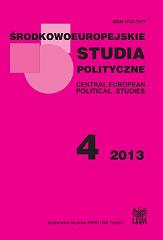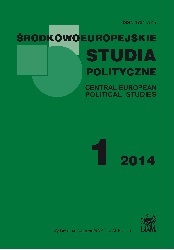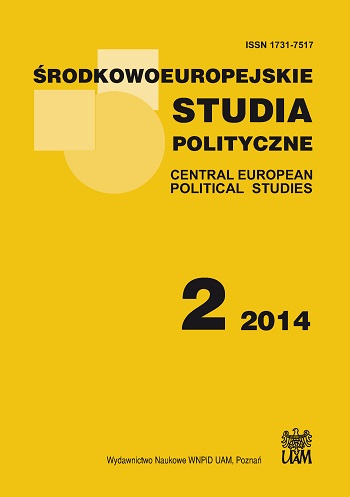
Mechanizmy zwiększania partycypacji kobiet w wyborach
The degree to which women are represented in the organs of national authorities stirs considerable emotions. Proposals for legal regulations providing guarantees for the adequate representation of women in parliament are presented more and more often. The paper analyzes the means and methods for increasing women’s participation in politics, with particular attention placed on how this is provided for in electoral law. The paper places particular attention on the situation in Poland.
More...

